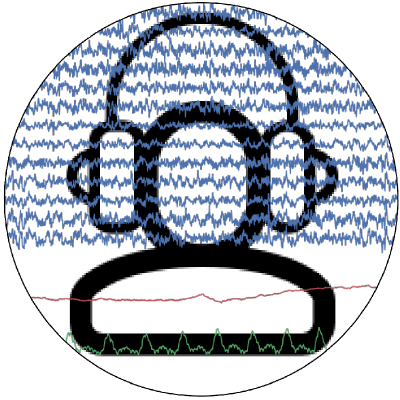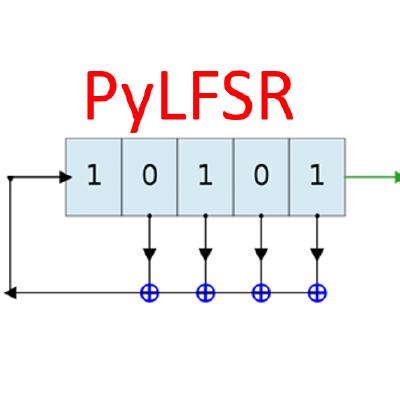spkit.stats.test_groups¶
- spkit.stats.test_groups(x, axis=0, alpha=0.05, title=None, printthr=1, notes=False, print_round=4, return_all=False)¶
Test multiple groups: One-way Anova
- Parameters:
- x: list of groups/sample or 2d-array
if list x = [x1,x2,x3], for testing x1, x2, and x3 as three groups
if np.array,
axisdetermine the groups/sample
- axis: 0 or 1,
only used if x is np.array,
to determine the sample axis
- alpha: scalar [0,1], default=0.05
alpha level,
threshold on p-value for passing/failing declaration
- print_round: int, default=4
rounding off all the numbers to decimal points
print_round=4 means upto 4 decimal points
print_round=-1 means all the decimal points available
- title: str, default=None
if passed as str, used as heading with “Final Test”
useful when running many tests
- printthr: scalar [0,1], deafult=1
threhold on p-value to display the results of final test
if p-value of final test is >printthr then ‘final test’ results are not printed
default=1 to always print the results of final test
- notes: bool, default=True,
if True, printing explaination
- return_all: bool, default=False
if True, two tables of all the results are returned
- Returns:
- tPass: bool
True, if any one of the final test was passed (i.e., p-value < alpha)
False means, none of the final test was passed
- df_tests: pd.DataFrames
df_tests: Table of the test
Examples
>>> #sp.stats.test_groups >>> import numpy as np >>> import spkit as sp >>> np.random.seed(1) >>> x1 = np.random.randn(100) >>> x2 = np.random.randn(100)+0.15 >>> x3 = np.random.rand(100) >>> tPass,df = sp.stats.test_groups(x=[x1,x2,x3],return_all=True,print_round=4,title='test-example', notes=True) >>> print(df) p-value stats One-way ANOVA 0.000111 9.388809





